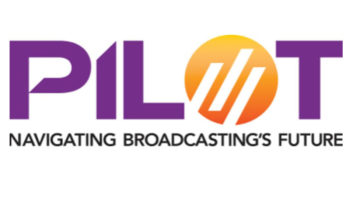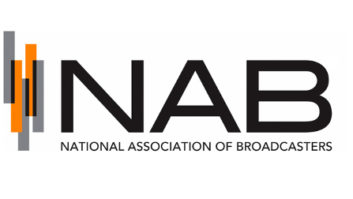WASHINGTON � There�s been lots of discussion in recent weeks about FM translators and the FCC�s interference rules governing them. Now the National Association of Broadcasters is proposing rule changes to give translator licensees more flexibility in order to resolve interference complaints.
The NAB in a Petition for Rulemaking filed Thursday asks the FCC to consider policy changes meant to �facilitate the efficient disposition of interference complaints against translators.�
The group�s petition acknowledges translators are an increasingly important part of radio broadcasters� service but agrees the growth in the number of translators has increased the risk of translators causing interference to full-power radio stations. As a secondary service, it is incumbent upon a translator licensee to resolve interference caused to any full-power radio stations.
�We propose that Section 74.1233 of the rules be amended to allow translators to move anywhere on the FM dial (instead of only to an adjacent or IF-related channel) to resolve interference, as a minor change,� the NAB said the executive summary of its petition for rulemaking. �This additional flexibility will enable more translator licensees to efficiently cure interference by simply changing channels.�
>The NAB suggests four procedural changes to improve the process for resolving interference complaints against translators. �First, we propose that an actionable complaint should be supported by interference complaints from at least six different listeners to the desired FM station, or perhaps more or less depending on the specific circumstances, such as whether the relevant service area is rural or urban,� the NAB said in the filing�s summary.
It goes on to say such complaints must be verifiable statements �that include clear evidence that the complainant is a regular listener of the FM stations and unaffiliated� with the complaining station.
�Third, actual interference must be shown from a sufficient number of locations to indicate a consistent problem, and be confirmed by an on/off test, where practical,� the NAB states. �Finally, an actionable complaint must document that the full-power station has used commercially reasonable practices to inform the relevant translator licensee of the claimed interference, to ensure an opportunity for the parties to cooperate on resolving the alleged interference without commission involvement, and if an interference complaint is subsequently filed, resolution should be governed by a specific time limit (e.g., 90 days).�
In addition, the NAB will even initiate efforts to mitigate translator interference issues so that no FCC action is required. �Together with industry, we will publish a series of best practices designed to help avoid and manage translator interference. Relevant topics include how to properly engineer a translator to minimize the risk of interference to full-power stations, and ways to privately manage interference conflicts.�
FM translators have made headlines in recent weeks when the FCC gave some 2,000 or so AM stations that rebroadcast on FM translators more flexibility in locating their FM signals. LPFM advocates worry the rule change could harm some low-power FMs. The commission also began accepting comments on a Petition for Rulemaking from Aztec Capital Partners Inc. that seeks a �rebalancing of the equities in the FM translator rules� so that radio service provided by fill-in translators is not �forestalled or removed by distant radio stations far outside� a local radio market.
This article originally appeared on RadioWorld.com.
�











